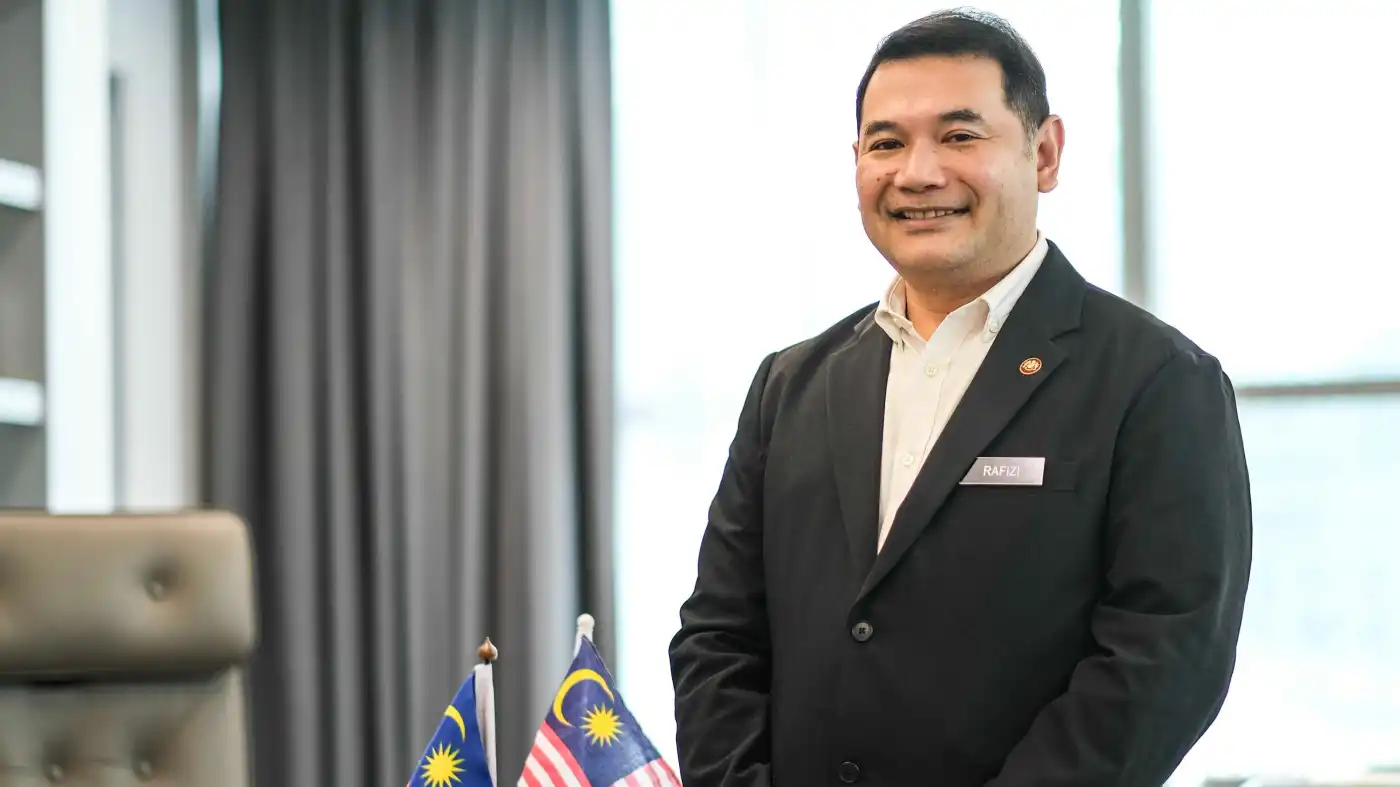Economy minister hopes special economic zone with Singapore boosts tech, renewables
KUALA LUMPUR — Malaysia hopes the southern state of Johor will become a “new engine of growth,” as the country works to develop the border area with neighbor Singapore, its economy minister said.
The two countries on Thursday signed a memorandum of understanding on a special economic zone planned for Johor, which has a population of about 4 million. Key joint initiatives include passport-free, QR code-based land border clearance, a one-stop business and investment service center, digitized cargo clearance at land checkpoints and renewable energy cooperation.
“The whole idea of working on the Johor-Singapore Special Economic Zone is to propel Johor as a new engine of growth for the country beyond its current trajectory [of] leveraging on its own natural resources,” Economy Minister Rafizi Ramli told Nikkei Asia in a recent interview.
Malaysia’s core traditional industries include electronics and automobile manufacturing, and commodities like natural gas and palm oil. With the emergence of new technologies, the government last year released a fresh industrial master plan and an energy transition road map for future growth, focusing on green and high-value industries.
Rafizi said the special economic zone will give a further boost to the government’s push for an energy transition, as Malaysia anticipates higher demand for renewable energy from technology and heavy industries in both Johor and Singapore. “The energy transition objectives of the Malaysian government will be further accelerated when we have even [higher] demand in Johor,” he said.
In addition to renewables, according to the minister, the special economic zone hopes to develop industries in tech, electrical and electronics, medical equipment, food processing and data centers.
Rafizi believes the Johor special economic zone will capture the interest of international investors, including those coming through Singapore. “If it succeeds, the special economic zone will see more diversification of international portfolios in Johor,” he said. “That can only happen with increased FDI (foreign direct investments) as well as DDI (domestic direct investments) into that area.”
Rafizi stressed that Malaysia has become more politically stable, enabling the country to focus on building on its existing economic and financial foundations to achieve high-income nation status. “Now you can focus on the next level of leapfrog, from being stuck in middle income to high income,” he said.
Malaysian stocks rallied in the first few trading days in 2024, and hopes for the Johor projects have already buoyed some companies in recent months.
“What we hope is that we will be able to provide a cogent and cohesive narrative that convinced enough investors and traders that Malaysia has a good potential trajectory in the next three to four years,” he said.
Reference: https://asia.nikkei.com/Editor-s-Picks/Interview/Malaysia-wants-to-make-Johor-new-engine-of-growth

